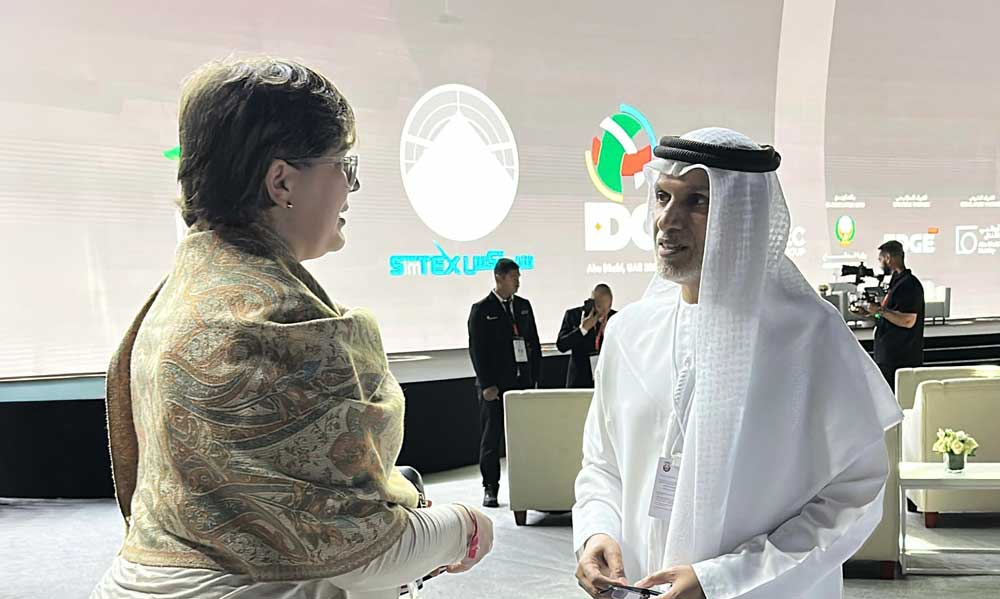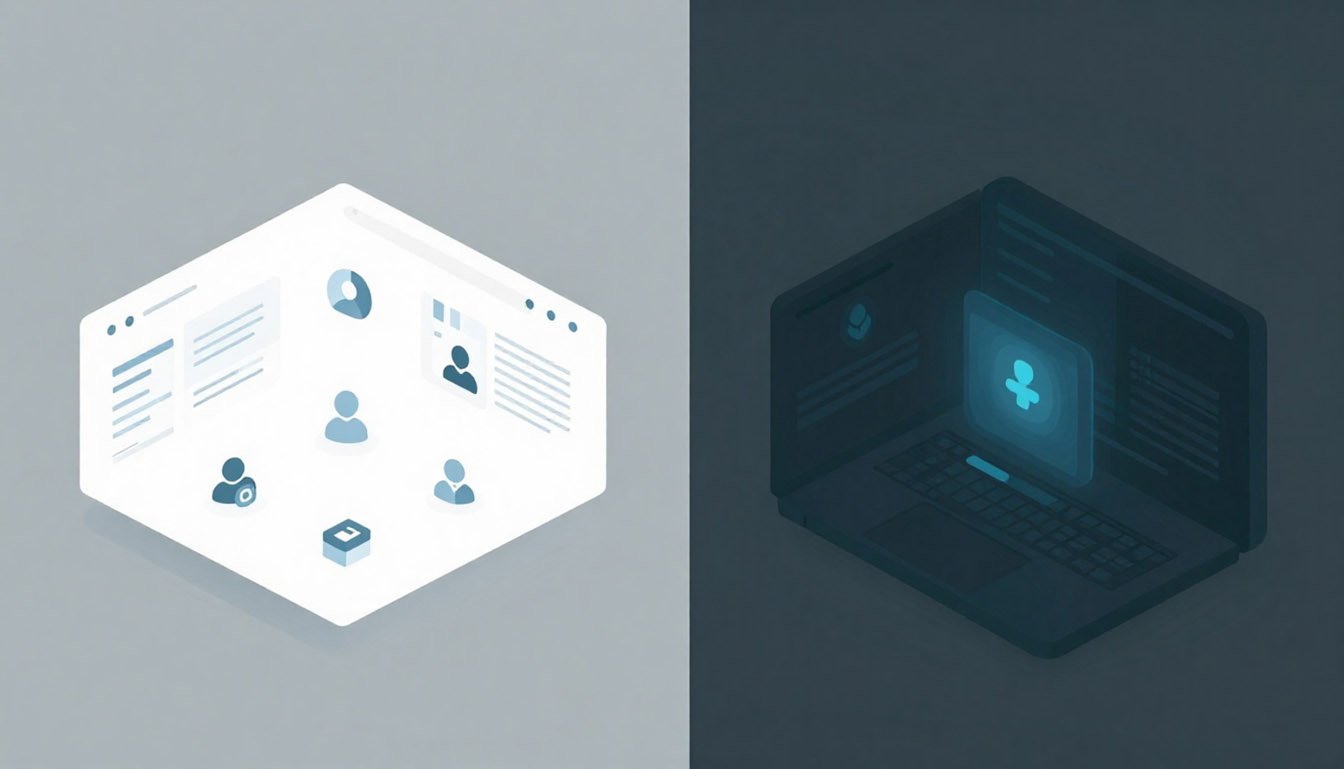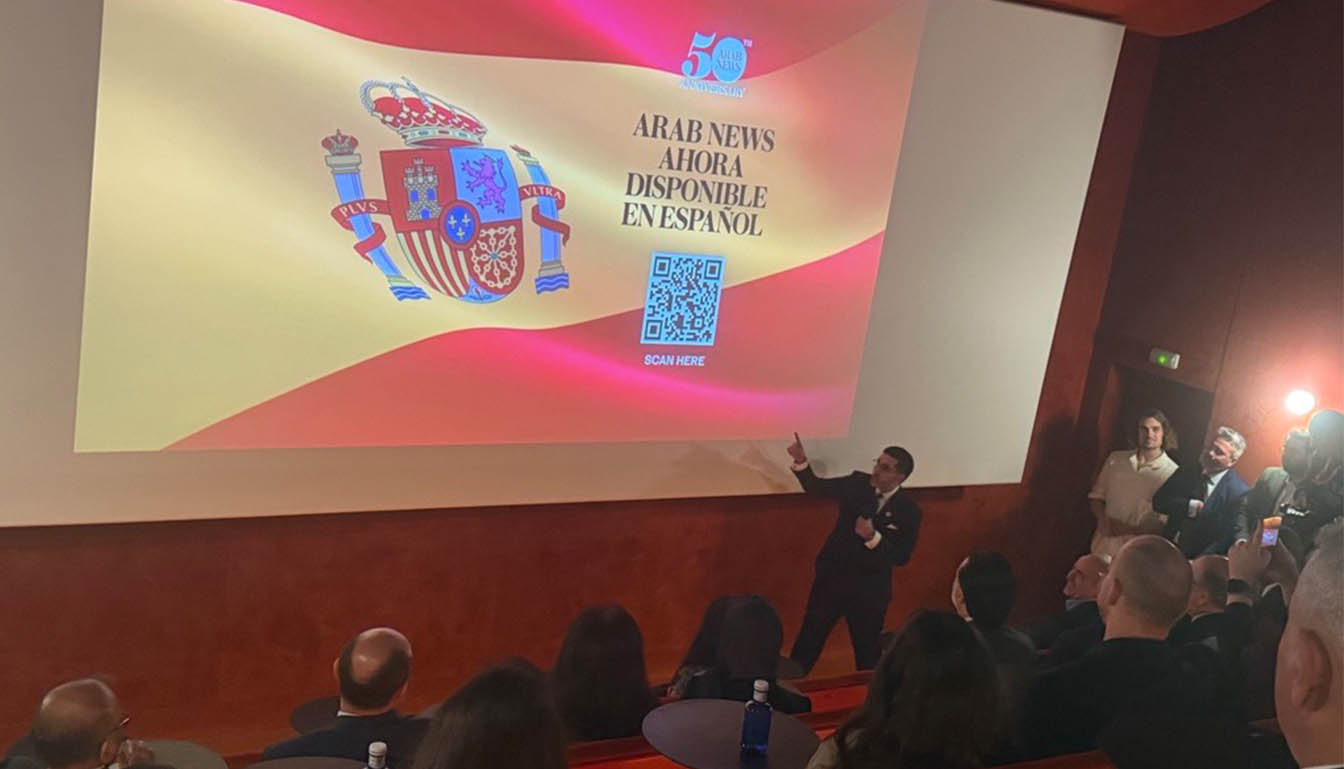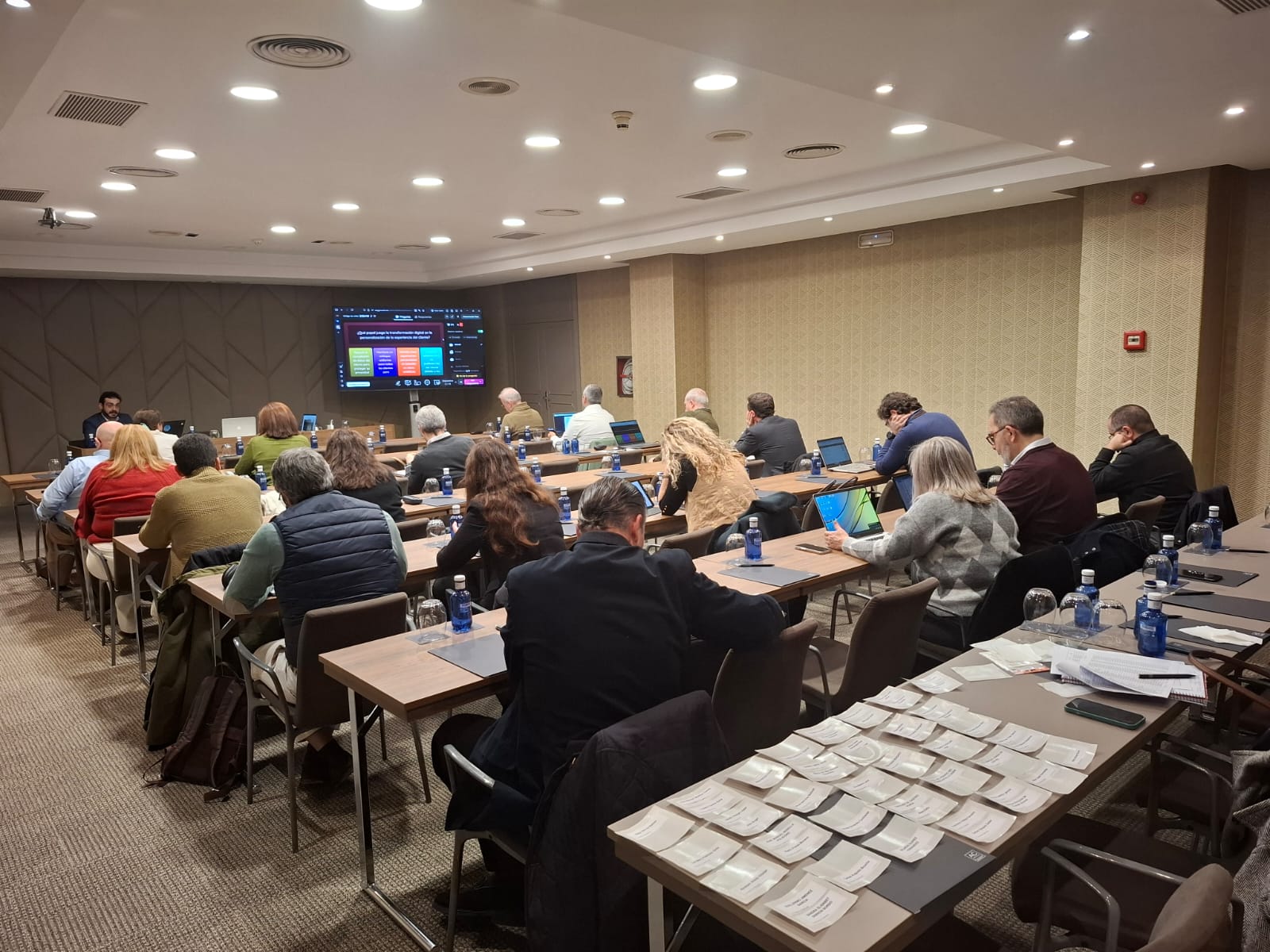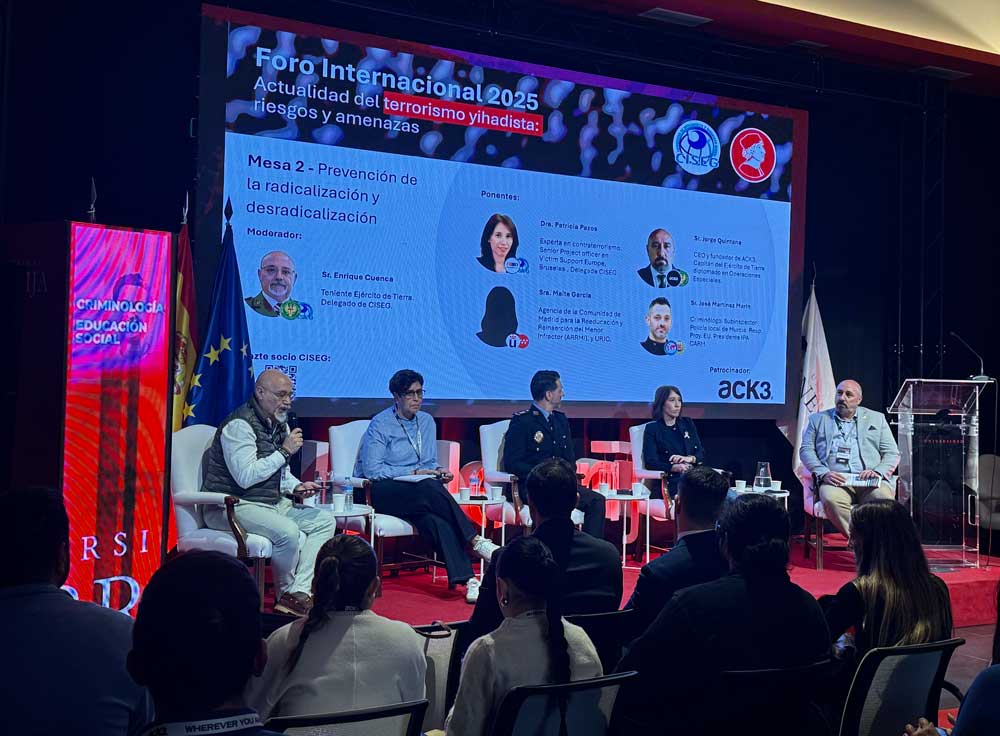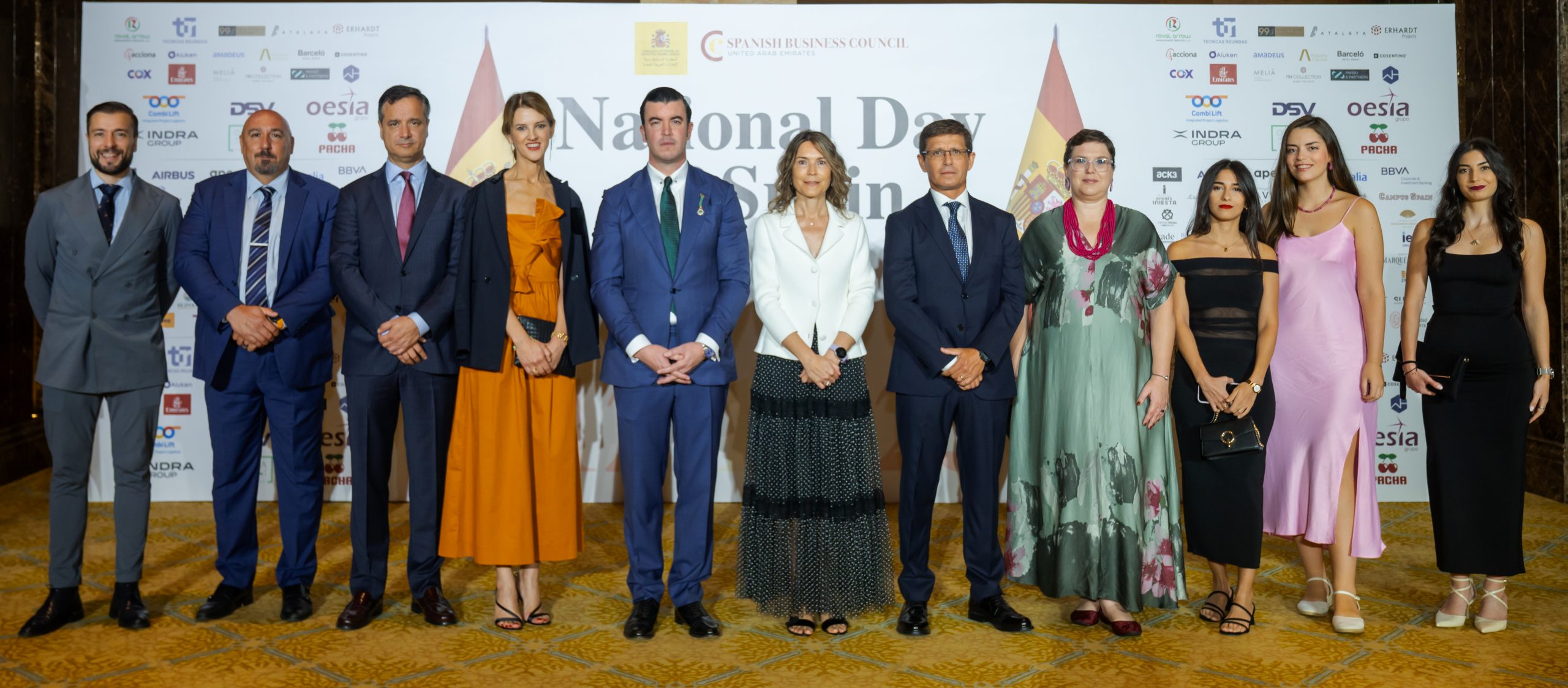Jorge Quintana, CEO of ACK3, speaks with Diario AS about resilience, economic intelligence, and the strategic role of sport in geopolitical contexts.
“The human touch will be the key against artificial intelligence.”
That’s how Jorge Quintana, CEO of ACK3, puts it in an interview published by Diario AS. In it, he analyzes the main challenges of security, intelligence, and foresight in a world where technology is advancing rapidly, but geopolitical conflicts, economic instability, and systemic risks demand more strategic human responses. For ACK3, resilience is no longer just a buzzword—it is the core of its strategic approach. Since 2015, the company has promoted this concept in Spain, defining it as the ability to withstand shocks, adapt quickly, and emerge stronger. In the interview, Quintana stresses:
“It’s not just about managing crises, but anticipating them. And for that, we need organizations with global vision and strategic thinking.”
Artificial intelligence does not replace human judgment. In an environment where AI seems to dominate all conversations, Quintana reminds us that its power lies in how it is integrated and who oversees it. ACK3 applies technologies such as predictive analytics and big data, but always with a human layer of verification:
“AI can process millions of data points in seconds, but it cannot make decisions in complex contexts where intuition, empathy, and critical vision are required. That is where the human factor remains irreplaceable.”
Sport as a geopolitical vector and tool of influence
One of the most striking aspects of the interview is the analysis of sport as a tool of soft power. Quintana highlights how events such as the FIFA World Cup or the Olympic Games are increasingly used by countries like Saudi Arabia or Morocco to project stability, modernization, and geostrategic capability. ACK3, with operational presence in the Middle East and North Africa, works in environments where sport has also become a catalyst for social, urban, and economic transformation.
“There is a growing sports diplomacy. Major events are no longer just competitions, but platforms for international positioning. The security and strategy behind them are key.”
In this environment, economic intelligence gives you the edge in times of uncertainty. Indeed, another focus of the interview is the growing use of economic intelligence as a tool to anticipate risks and protect public and private interests. From cybersecurity to supply chains, ACK3 has developed proprietary methodologies to turn information into strategy.
“Economic intelligence is no longer optional. It is key to deciding earlier, protecting assets, and gaining advantage in an interconnected world.”
With operations in the Middle East, Africa, and Latin America, ACK3 maintains its roots in Spain. For ACK3, a more unified and proactive vision is needed if Spain wants to compete globally in sectors such as defense, intelligence, or the organization of international events.
“Spain has talent and potential. But it needs long-term vision, coordinated policies, and a clear commitment to its international projection.”
Conclusion: technology + strategy + people
“The future will not be dominated by those who have the most data, but by those who know how to interpret it with judgment, ethics, and global vision.”
The message of the interview is clear: not even the most advanced algorithm can replace human vision. That is why ACK3 is committed to combining technological innovation with strategic thinking, economic intelligence, and resilient leadership.
Want to read the full interview in Diario AS?
Want to learn more about how ACK3 helps organizations manage risks, protect assets, and anticipate crises?
Discover all our services here:


